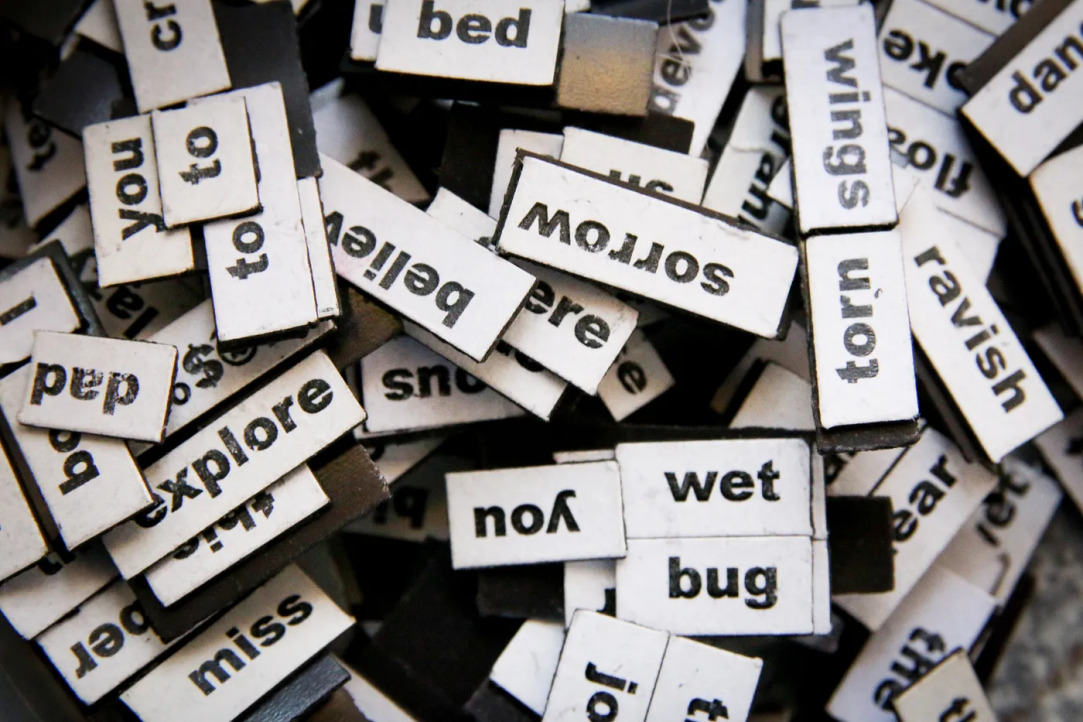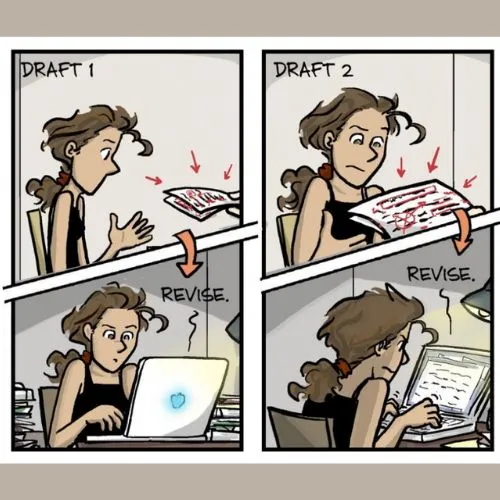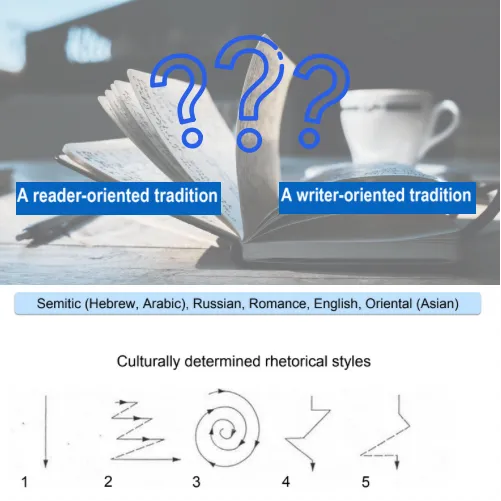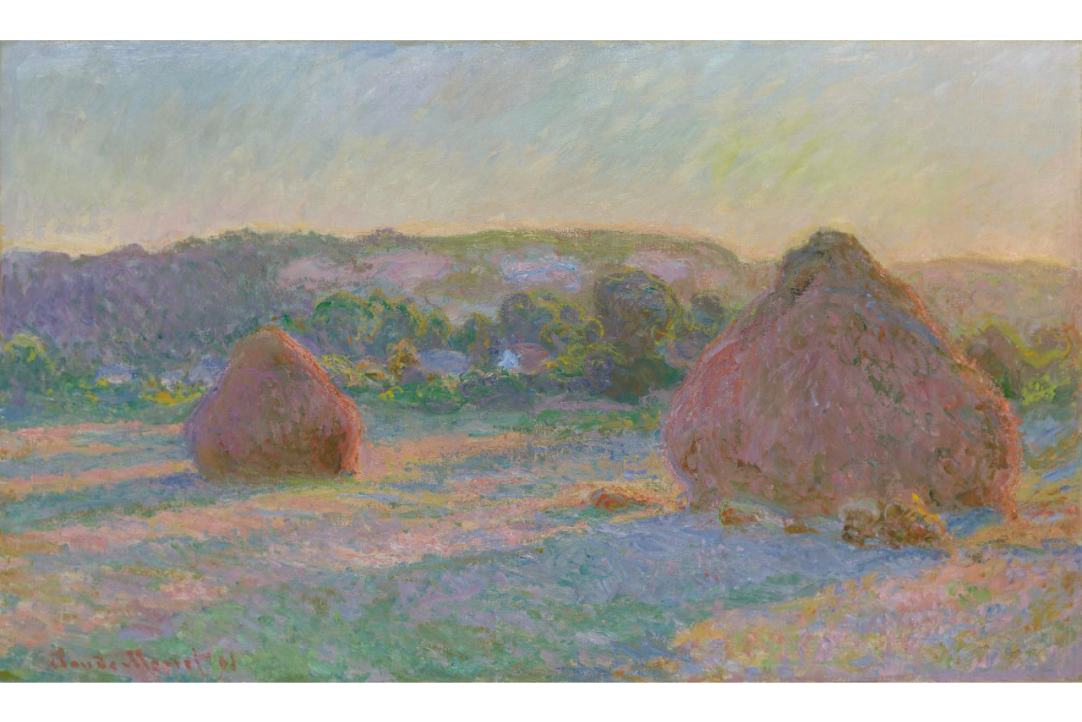
Marry English Words Wisely: Handy Combinability Resources
Every text consists of words, and it seems easy to combine them into sentences in our mother tongue. However, it is not that simple when we write in a foreign language. We need to know quite a lot of information about the word to use it effectively. Namely, we have to find out the word’s form, meaning, and specifics of its use.

“Your Research is Great, but Rewrite the Whole Text”: Self-Editing for Publication
The very first thing we learn about academic writing is that great research alone does not make a great publication — or, for that matter, any kind of publication. You need to present it properly. When publishing internationally, it means good academic English — something that equals English per se plus a myriad of far-from-obvious rules of contemporary (yes, these rules do change quickly!) academic writing. The second thing we’re likely to learn is that no matter how well you mastered the rules, it is nearly impossible to get it right at the first try. Long before its encounter with anonymous reviewers, your paper needs editing.

From Local to International Publishing Requirements
“The logic is not quite clear” seems to be a frequent reviewers’ comment on research papers written by non-native speakers. It arises from different expectations. Academics from different cultural backgrounds write differently as logic is affected by the writer’s culture and values. Although academic communities are aware of the differences in academic writing conventions, sometimes it’s hard to switch from local to international publishing requirements. The questions are “What should we know about international publishers’ expectations? How should we adjust to them while writing in English?”

Resources for Language Enthusiasts
Lost in resources? No wonder. Do you know how many people are searching for useful tools and websites to help them in learning languages? According to Yandex’s Wordstat, there are about 4,000 “websites for learning English” requests a month!
You’re lucky; the AWC has been selecting resources that will be definitely helpful both for academic writing purposes and for the pleasure of learning English. The AWC site update will bring to you a voluminous list of different sites, apps, online articles, and more. Go to the Resources section. Most of the resources are free; some require free registration. For the ease of navigation, we’ve divided the page with online resources into topics: you will find 15 topic-based sections from checking your language level to electronic glossaries.

Aiming at Publication: Tips from a Non-native English Writer Like You
Are you a non-native English speaker like me? Then, chances that you will find writing very hard are very high. Writing is difficult per se, but we, non-English speaking writers, face some additional difficulties: it is a challenge to express ideas clearly in a foreign language having limited knowledge of vocabulary, grammar, and writing conventions. That is why, despite the high quality of our data analysis or lab-experiments, we tend to postpone writing a paper as much as possible. But eventually we need to make an effort and put our research results into words. I would like to share a few Dos and Don’ts to keep in mind when writing for publication. I think there is a light at the end of the tunnel, and papers of non-natives can be publishable in English.





.jpg)